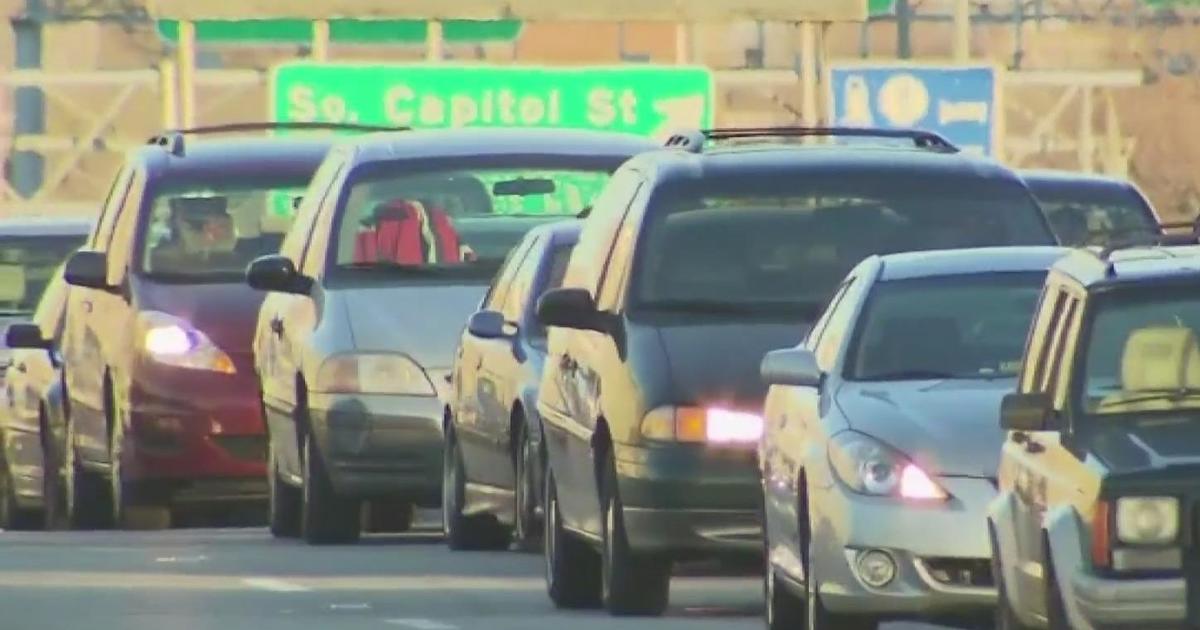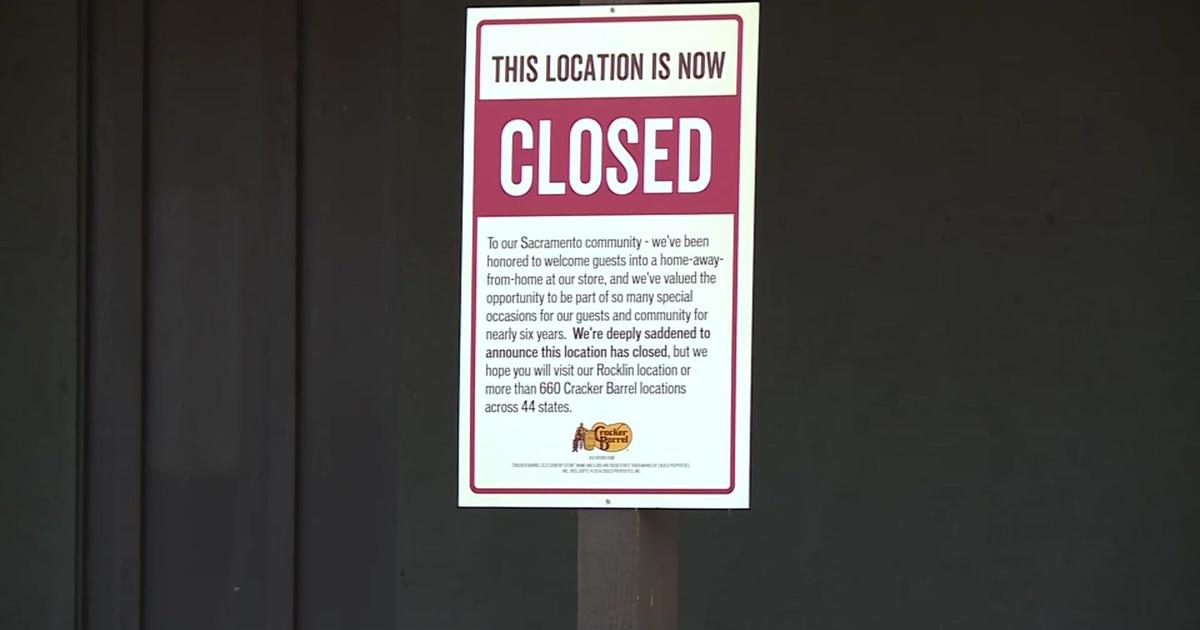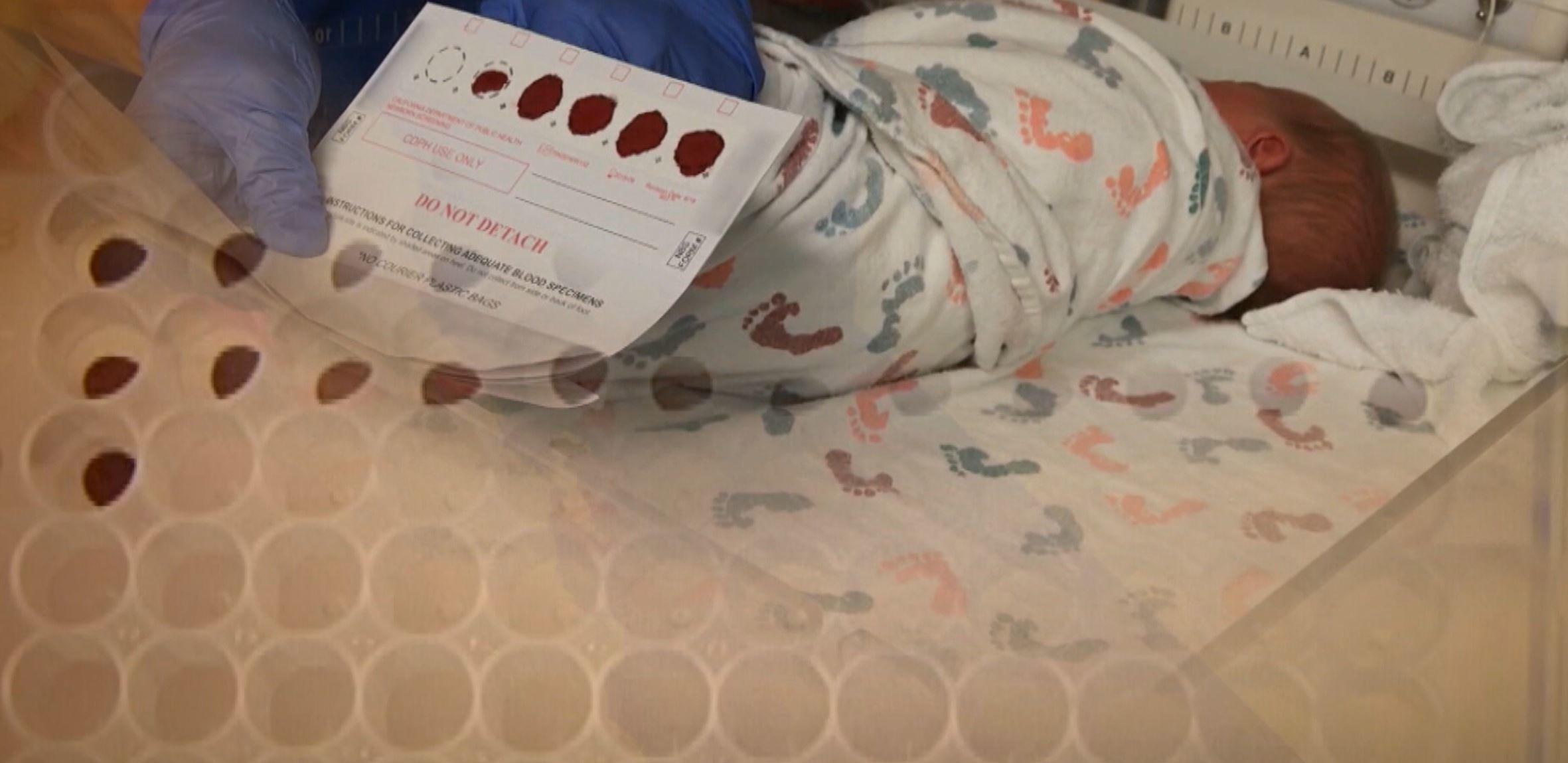California Budget: Gov. Brown Expected To Keep The Ship Slow And Steady
SACRAMENTO, Calif. (AP) - Gov. Jerry Brown is expected to maintain a slow-growth approach for California when he updates his spending plan Thursday, while responding to pressure from fellow Democrats seeking to close the income gap by offering a $380 million-a-year proposal to create tax credit for the working poor.
Brown proposed a record $113 billion general fund spending plan in January, but he is revising that upward as the state has collected more revenue. The state controller's office reported Monday that tax collections are running $3.4 billion above his forecast, with personal income tax accounting for $2.7 billion of the windfall.
By voter-approved law, the state must spend the lion's share of the surplus on public schools and filling California's savings account. But Democrats are reiterating their desire to use the rest on child care, social welfare programs higher education spending. They control both houses of California's Legislature and don't need Republican support to pass the budget.
The governor will also propose what would be his first tax cut since taking office in 2010, an earned income credit that could help as many as 825,000 families and up to 2 million Californians, according to the administration. The credit, first reported by the Los Angeles Times late Wednesday, would offer assistance to households with income of less than $6,580 with no dependents or up to $13,870 for those with three or more dependents.
Brown's administration says the average tax credit would be $460 a year with a maximum credit of $2,653.
It mirrors a federal tax credit program and is similar to a plan proposed last week by Assembly Democrats
"People who work every day should not live in poverty," Assemblywoman Shirley Weber, D-San Diego, chairwoman of the Assembly Budget Committee, told reporters last week.
The governor's restrained spending to date has created an odd dynamic that has generally pleased Republicans and disappointed members of his own party. Even though California is benefiting from a recovering economy and temporary tax increases, Brown has warned that a downturn is inevitable. In his fourth and final term as governor, he is determined to maintain some of California's surplus.
Brown could tap more resources to expand water supplies and fight wildfires amid the fourth year of a persistent drought that has triggered unprecedented conservation efforts.
Already this year, the governor signed emergency legislation authorizing $1 billion for water infrastructure, including flood control and water recycling, and other programs. That money comes from voter-approved bonds that are separate from the state's general fund.
Senate Democrats are pushing Brown to spend more on water delivery upgrades and programs to reuse wastewater, while Republicans want to speed up construction of new dams.
Brown and lawmakers could also get creative tying the drought to a growing pot of money collected from the state's landmark effort to curb greenhouse gas emissions. The governor's January budget underestimated revenues from California's cap-and-trade program, which was expanded this year to include fees on gasoline, natural gas, propane and heating oil.
While most of that money will go to high-speed rail, transit and housing, Brown proposed some of the funds be used for energy efficiency upgrades in public buildings, fire prevention to reduce carbon released into the air and wetlands restoration.
The two legislative leaders, Senate President Pro Tem Kevin de Leon, D-Los Angeles, and Assembly Speaker Toni Atkins, D-San Diego, have made expanding access to child care and higher education among their top priorities this year.
They are likely to push Brown to use what money is available to expand child care and boost funding for public universities in exchange for efficiencies and reforms.
The powerful California Teachers Association is opposing a Democratic plan to shift child care programs into the state's minimum guarantee for K-14 school funding, an accounting maneuver aimed at protecting the money.
"You have the same amount of money with more students to educate or to care for, because child care is not necessarily an education program," Lemieux said.
Brown will also update the public on his negotiations with University of California President Janet Napolitano.
The two have been at odds since she proposed increasing tuition, saying the state has failed to adequately fund the university system. The two formed an unusual "committee of two" to work out their differences over spending.
___
Associated Press writer Juliet Williams also contributed to this report.
Copyright 2015 The Associated Press.



